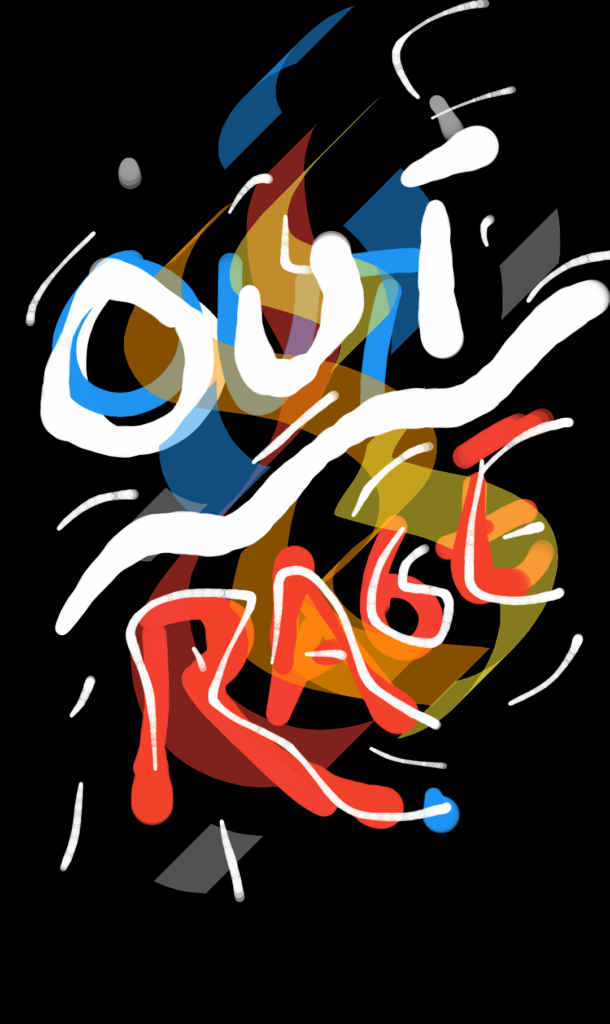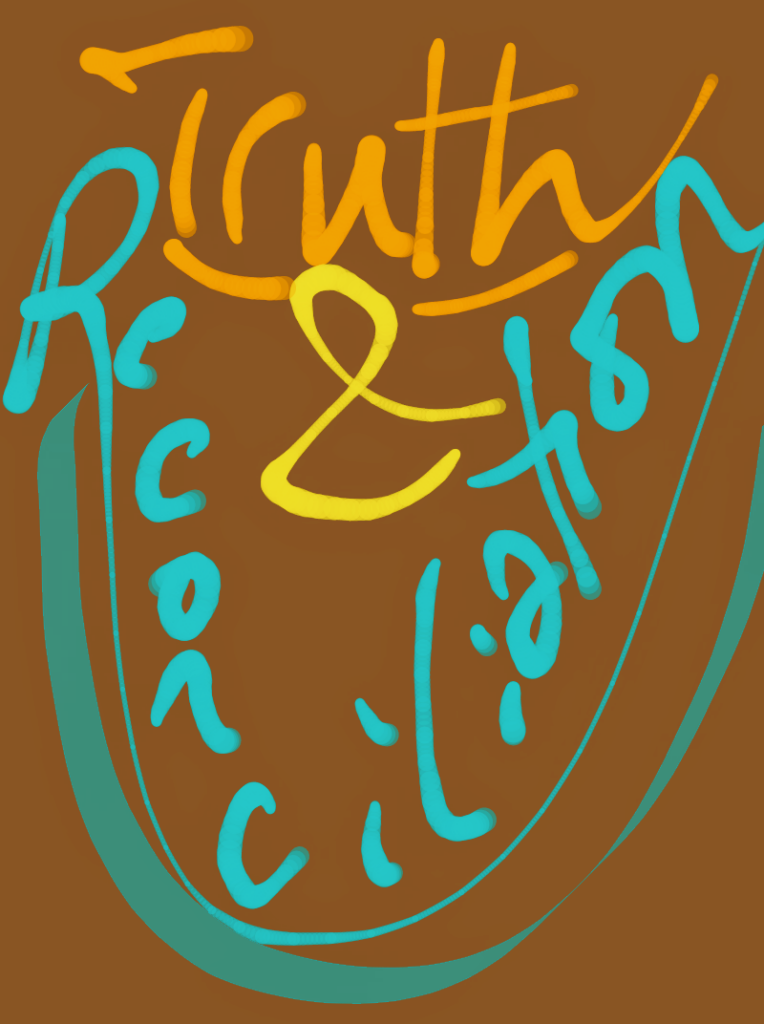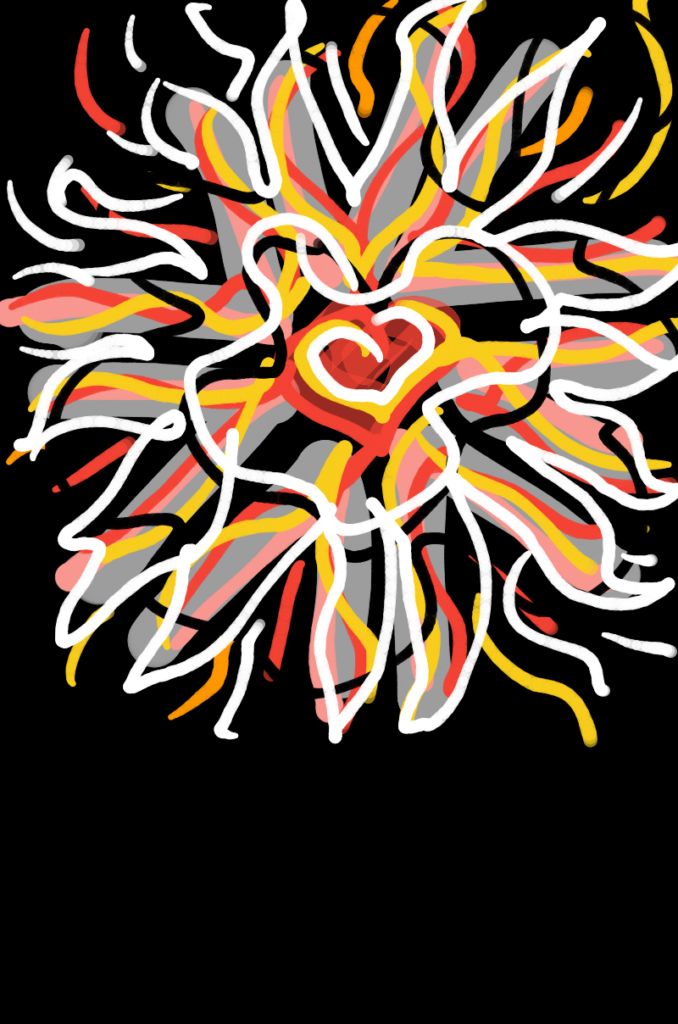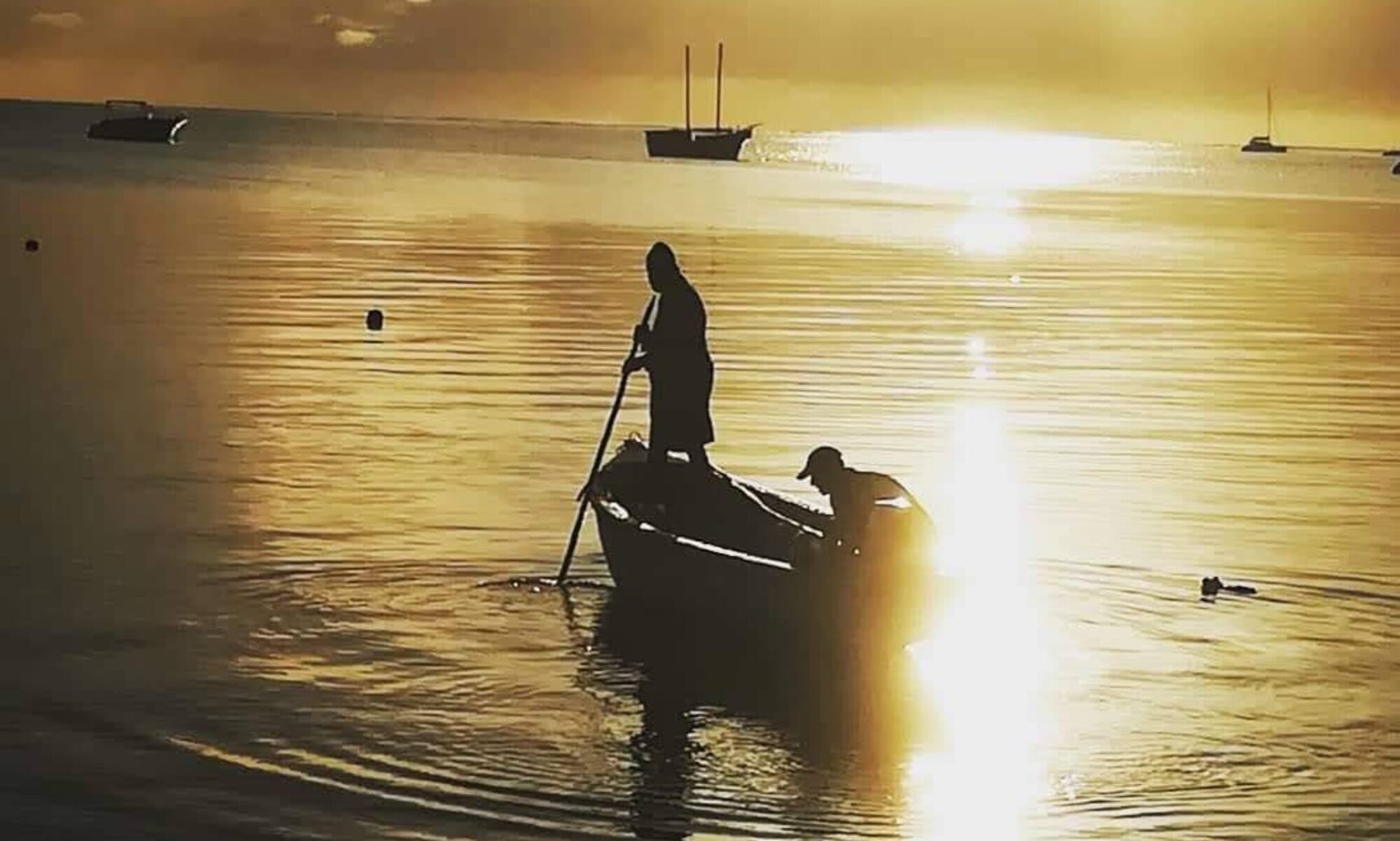
The mystic Rumi wrote, “Out beyond ideas of wrongdoing and rightdoing, there is a field. I’ll meet you there.”
We are in a time in history when fierce battles of righteousness are being waged. In the US, in the wake of the bitterly contested elections (and long before), we are outraged by the actions and perspectives of others, who are also outraged by our own actions and perspectives. There are calls for unity but often these call for adversaries to unite behind our own positions. Is there another way?
When I worked in Africa I heard a story at a school that stuck with me. At the boarding school, a student was caught stealing from other kids. Based on the honor code, the student had to be expelled. On the morning he was to depart, he was encircled by other students and teachers who knew him well. One by one they spoke, sharing the things they appreciated about him, naming the good he did and was, and wishing him well. While the student was expelled for his actions, his actions didn’t negate the good that he represented. It was important for him to hear this. It provided a basis for healing — for him and them.
When I was in Arizona visiting a Native American settlement, I heard of a tradition of how spirits would come to visit a village seeking out naughty children. The parents would loudly call out an apology for the child’s misdeeds but also name all the good qualities they had, beseeching the spirits to spare the child. The spirits were of course fellow villagers in costume and the calling out of the good qualities by the parents was not for the spirits to hear, but for the child. We can certainly name the wrongs others have done, but we can also see and acknowledge the good that they do?
Along with a couple of colleagues, I have created a tool for community dialogue named I See You (https://cometta.co/i-see-you). It is meant to help us see and hear others. The expression I see you comes from the Zulu greeting Sawubona. What does it take to see someone more fully? Part of this is hearing their story, their struggles, their hurts, and their dreams. This builds empathy.
In the aftermath of the Capitol Hill attacks in the US, I was struck by a statement offered by a protestor from North Carolina, the state where I now live. The 67-year-old retired landscaper had said: “We are here. See us! Notice us! Pay attention!”
Indeed, people everywhere are hungry to be seen. I believe that much of the harm that we do to others is a result of the pain we feel. The columnist David Brooks who writes about the state of America honed in on this as well. He said:
“Many of our society’s great problems flow from people not feeling seen and known: Blacks feeling that their daily experience is not understood by whites. Rural people not feeling seen by coastal elites. Depressed young people not feeling understood by anyone. People across the political divides getting angry with one another and feeling incomprehension. Employees feeling invisible at work. Husbands and wives living in broken marriages, realizing that the person who should know them best actually has no clue.”

The call to see others is a call not to ignore them but it is also not a call to ignore the actions that have may have caused harm and hurt. In the African practice of Truth & Reconciliation, truth-telling precedes reconciliation. Our actions have consequences and there is a need for justice and restitution. Yet, the Truth & Reconciliation process recognizes that we truly want in the end is peace and reconciliation.
So, we have much that we disagree about today, much to feel angry about, and much we want to change. We want others to tune in and pay attention to us. Will we offer them the same? Listening is not offering agreement, but in listening, we might find an open space to build a fresh relationship. This is the field of possibility that I believe Rumi invited us to discover. Let us meet each other there.
Related post:
https://www.linkedin.com/pulse/walking-garden-forgiveness-lyndon-rego/
https://www.linkedin.com/pulse/lights-kigali-power-human-energy-lyndon-rego/
https://www.linkedin.com/pulse/electing-win-different-way-lyndon-rego/


Thank you for sharing. Just Wednesday, a friend and I were discussing how important being seen is to the healing process. Love the timing.
Rie, I also think of the Buddhist mudra of a hand outward in blessing and a hand towards the ground to reference the “ground truth.” This speaks to the acknowledgment of the truth one holds and also acknowledging the presence and value of the other.